Beijing, as well as other parts of North China, was engulfed by heavy smog on Monday with some areas suffering from less than 200 meters visibility. Beijing has ordered schools to reduce outdoor activities; the smog has also led to a wave of cancellations of flights across the capital's two airports.
Beijing's air quality was classified as “medium pollution” on Monday morning, according to the city’s environmental monitor center’s data. Meteorologists predicted North China will be engulfed by heavy smog for the coming three days.
The Chinese capital on Sunday ordered schools to reduce outdoor activities from Monday to Thursday so to reduce the smog’s impact on public health.
According to Chinese flight tracking platform Feichangzhun, a total of 137 flights were cancelled at Beijing Daxing International Airport on Monday morning due to low visibility as of press time.
Several highways in the capital were also suspended due to the smog.
Air quality will slightly improve due to north wind on Monday morning, however it is expected to deteriorate the afternoon when the wind shifts to the south.
Zhang Tao, a researcher from China’s National Meteorological Center said that the smog was caused partly by oncoming cold air.
Before the arrival of cold air, the atmosphere will be in a "static" situation, which is not ideal for diffusing air pollution,” said Zhang. In a stable situation, artificial or natural suspended particles in the air will accumulate in the lower atmosphere near the ground, resulting in haze in dry environments and favoring the formation of fog in humid environments. As long as the next cold air has not arrived, this situation was likely to remain unchanged.









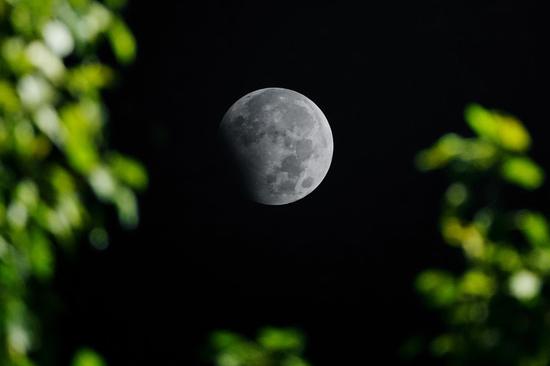
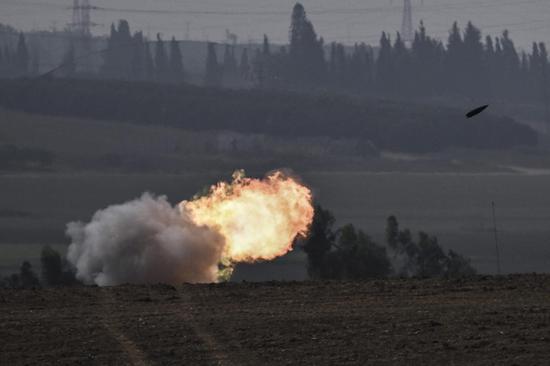



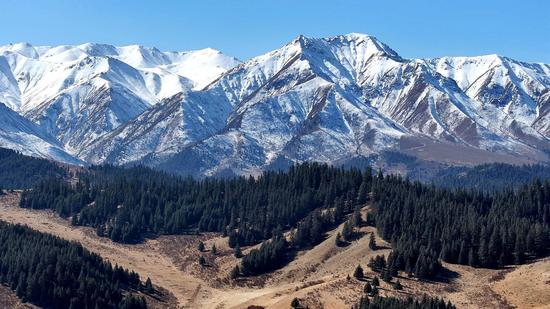



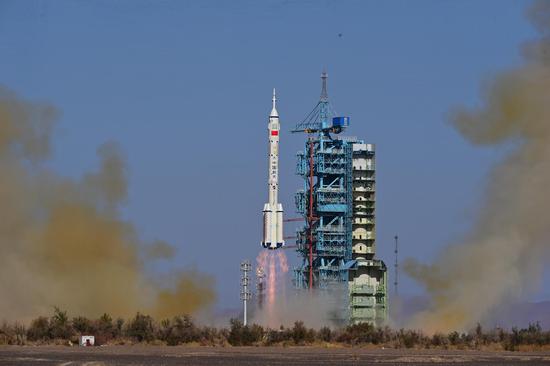


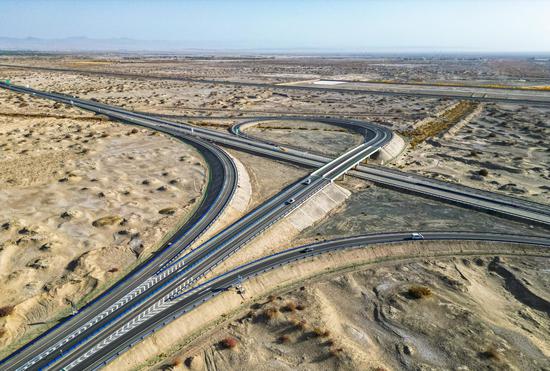
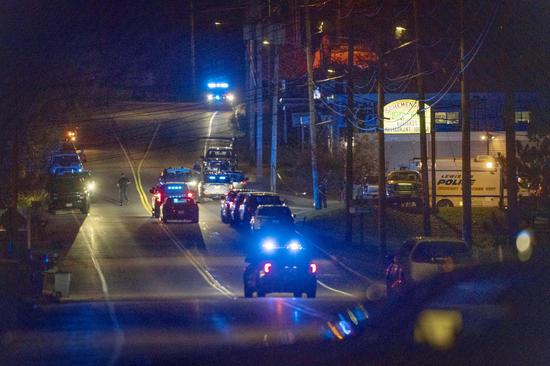











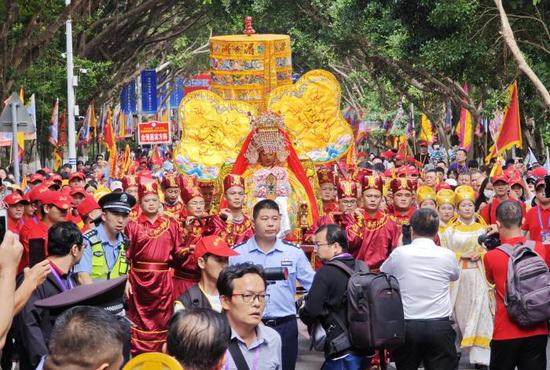

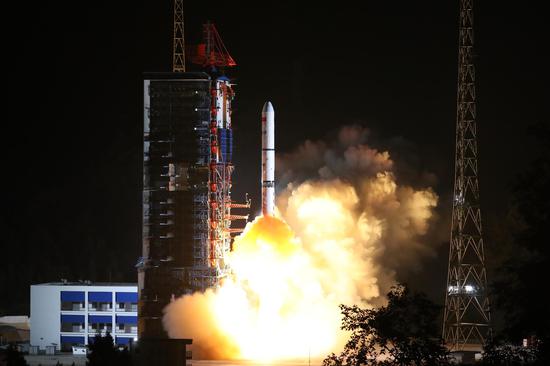

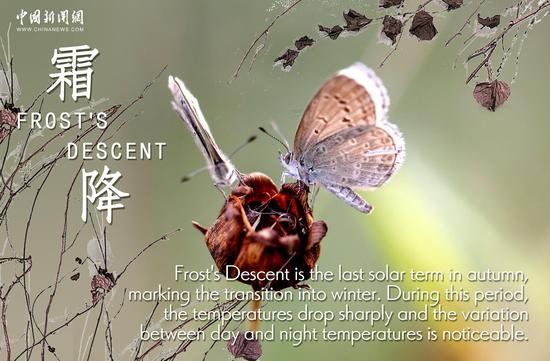











 京公网安备 11010202009201号
京公网安备 11010202009201号